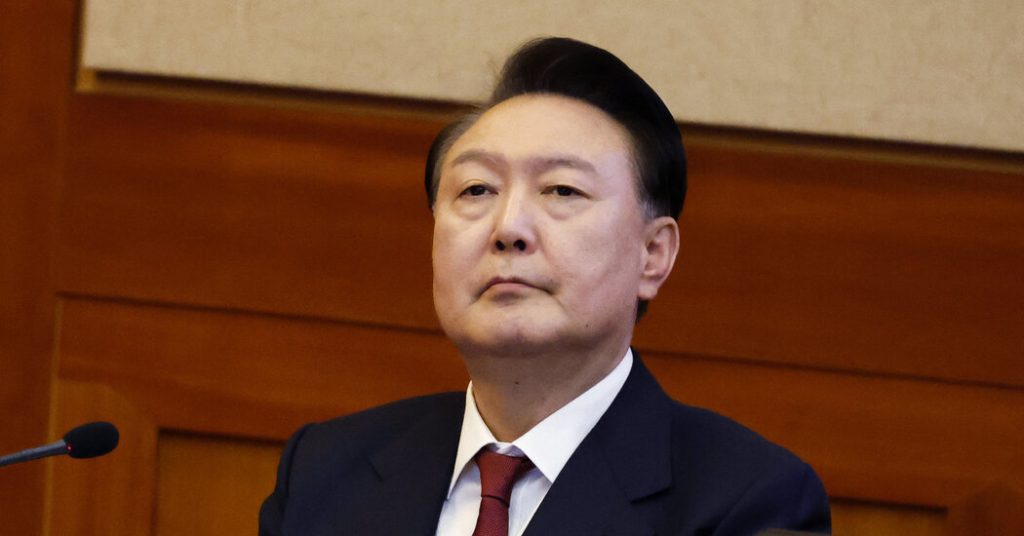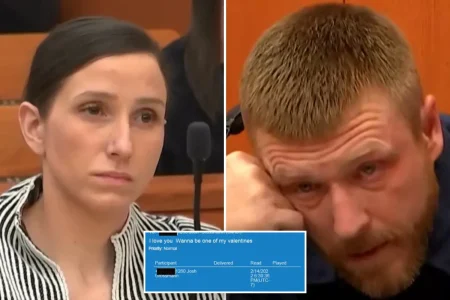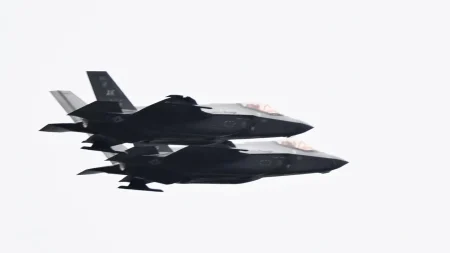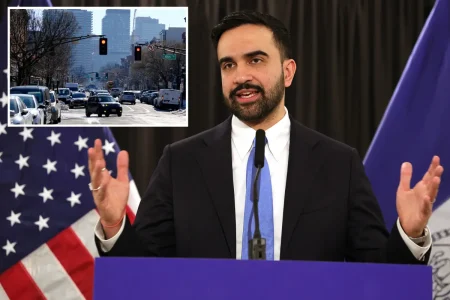South Korea is currently navigating one of the most tumultuous political crises in its history, culminating in a dramatic sequence of events involving martial law, insurrection charges, impeachment, and the arrest of its sitting president, Yoon Suk Yeol. Let’s unpack this fascinating story, building a narrative that humanizes the players and provides context for such an unprecedented chapter in South Korea’s political landscape.
An Unprecedented Presidential Fall
For the first time in South Korean history, a sitting president faces criminal charges while in office. President Yoon Suk Yeol, once at the helm of the country, now finds himself formally indicted on charges of leading an insurrection. His indictment marks a historic moment, signaling the onset of what promises to be a high-profile trial. But how did South Korea arrive here?
Yoon’s downward spiral began on December 3, 2022, when he made the surprising and controversial decision to declare martial law. He justified this drastic move by accusing the opposition-led National Assembly of “paralyzing” his government. The declaration was met with immediate backlash, and when the Assembly swiftly rejected the order, Yoon had no choice but to rescind it within six hours. However, the damage was already done. That six-hour period unleashed a chain reaction, plunging South Korea into its most severe political crisis in decades.
Public outcry over Yoon’s actions grew to fever pitch. Citizens called for his removal, and on December 14, just 11 days after his declaration of martial law, the National Assembly voted to impeach him, effectively suspending him from office. While the Constitutional Court deliberates on whether this impeachment is legitimate and whether to formally remove him from the presidency, Yoon faces the far graver consequences of criminal prosecution outside the halls of government.
The Insurrection Charges Unpacked
Yoon’s legal troubles didn’t stop at impeachment. Just a month after his suspension, prosecutors detained him on January 15 on charges of leading an insurrection during his brief imposition of martial law. The allegations are as dramatic as they sound. Prosecutors argue that Yoon banned all political activities during the martial law period and issued direct, chilling orders to military commanders. According to investigators, Yoon instructed commanders to force their way into the National Assembly using “axes or guns if necessary” and to “drag out” lawmakers who opposed him. Troops were deployed to the Assembly to seize control and detain political leaders, investigators claim. The entire incident, including heavily armed special forces storming the National Assembly, was streamed live to a stunned nation.
Such actions led prosecutors to characterize Yoon’s declaration of martial law as not merely controversial but unlawful—a full-fledged attempt to neutralize South Korea’s Parliament and consolidate his own power. Yoon, for his part, has rejected the insurrection charges. From his jail cell, he maintains that his actions were misinterpreted, asserting that deploying troops to the legislature was aimed at “keeping order,” not seizing control or arresting political leaders.
Regardless of his denials, Yoon’s actions have left South Korea polarized. Opinion polls reflect that a majority of South Koreans approve of his impeachment and consider him guilty of insurrection. However, his supporters remain steadfast in their defense. They’ve labeled the impeachment a “fraud” and even resorted to vandalism in protest. Notably, after a judge approved Yoon’s arrest warrant on January 19, die-hard supporters stormed a courthouse in Seoul. This act of unrest resulted in nearly 60 arrests and further underscored South Korea’s deep political divisions.
The Legal Battle Ahead
Yoon’s indictment, while widely anticipated, landed sooner than expected. South Korea’s Corruption Investigation Office for High-ranking Officials initially took on the investigation but lacks the authority to issue indictments. Instead, it handed the case to prosecutors, who had planned to dig deeper into Yoon’s activities before indicting him. However, a court ruling on Friday forced their hand, stating that Yoon must either be indicted promptly or released, given that the investigation was already well-developed. Responding to the judge’s ruling, prosecutors moved quickly to formally indict Yoon just two days later.
Meanwhile, Yoon has remained mostly uncooperative in the inquiry. He and his legal team have dismissed the Corruption Investigation Office’s authority to investigate him, further delaying proceedings and heightening tensions between the former president and the legal system.
This legal saga also ropes in other key figures from Yoon’s administration. A former defense minister, along with several military generals and police chiefs, has been indicted for allegedly abetting Yoon’s actions during the martial law debacle. Collectively, they paint a picture of a government leadership that allegedly breached democratic norms in an effort to override opposition and cling to control.
From the Presidency to a Jail Cell
Adding a deeply personal dimension to this political turmoil is the image of Yoon himself—defiant yet battered by these developments. From his jail cell, he has vowed to fight the charges and regain office, though the odds seem stacked against him. His supporters continue to rally, refusing to let their faith in him waver, but it’s clear the court of public opinion is far less forgiving. Yoon’s dramatic fall has both captivated and divided the nation, making him the epicenter of a fascinating yet troubling moment in South Korean politics.
What happens next will likely be pivotal for South Korean democracy. The forthcoming trial will probe not only Yoon’s actions but also broader questions about executive authority and the limits of power during national crises. It will also test South Korean institutions’ ability to hold even the highest-ranking officials accountable.
Reflections on Political Divides
Although this story is uniquely South Korean, it resonates globally. At its core, it reveals the dangers of unchecked power, the tension between executive authority and democracy, and the fragility of political institutions during periods of unrest. The passionate debate surrounding Yoon’s presidency, impeachment, and indictment reflects a nation wrestling with its identity and the principles it holds dear.
Will South Korea emerge stronger on the other side of this political storm, or will the strife deepen its divisions? The answer lies in how the courts, the public, and Yoon himself navigate the next chapters of this saga.
One thing is clear: South Korea is at a crossroads, and its journey in the coming months will not only shape its immediate future but could also serve as a cautionary tale—or a beacon of hope—for democracies around the world.








